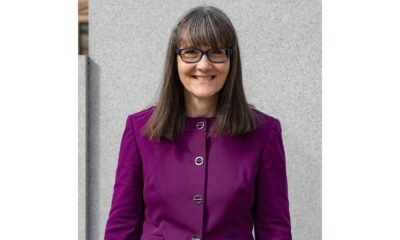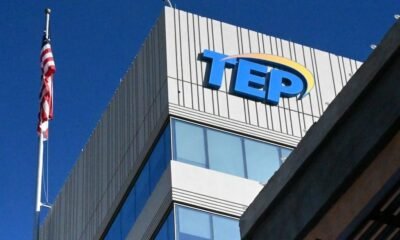Business
Tucson Researcher Champions Diversity, Equity, Inclusion & Accessibility as Key Pillars for Science and Workplace Success

Tucson’s Planetary Science Institute (PSI) is emphasizing the importance of diversity, equity, inclusion, and accessibility in scientific research. Mark Sykes, CEO and Senior Scientist, boldly outlines how these principles not only advance the mission of the institution but also enhance the prospects of scientific discovery in the broader context of American competitiveness.
In recent remarks, Sykes stated that while federal programs face a purging of these core values, they remain critical for the scientific community’s progress. He underscored that a diverse and inclusive workforce fosters imagination, which is crucial for scientific inquiry and progress. “Science is not just about technical skills; it’s about the ability to ask the right questions,” he shared.
PSI prides itself on an eclectic workforce composed of scientists from various racial, gender, and national backgrounds. The organization’s staff includes individuals with differing political views, religious beliefs, and personal experiences, creating a rich tapestry of perspectives that enhances collaborative efforts. “Our diversity is our strength,” Sykes affirmed.
Moreover, PSI is committed to creating a supportive work environment. By valuing each individual’s contributions, the institute aims to retain talented employees and ensure they can perform meaningful work. This commitment to equity encompasses listening to all voices and addressing grievances fairly, thereby fostering a culture of respect and understanding.
Inclusion is a pivotal tenet at PSI, encouraging outreach to underrepresented communities in science. The institute actively engages with the public, inspiring participation and involvement in scientific endeavors, thereby broadening the scope of diversity.
Accessibility also plays a key role in PSI’s mission. The organization strives to support staff members in overcoming workplace barriers, offering resources that extend beyond mere physical accommodations. Recognizing that life intrusions can impact work, PSI emphasizes the importance of providing time and support, promoting overall productivity and morale.
As the discourse surrounding these principles evolves, Sykes voiced his concern regarding the potential backlash from those who misunderstand the value of diversity and equity in science. He warned that detrimental rhetoric could lead to violence against those advocating for these ideals. However, he believes legitimate criticisms should be addressed constructively, ensuring that the integrity of these principles is maintained while acknowledging specific concerns.


















